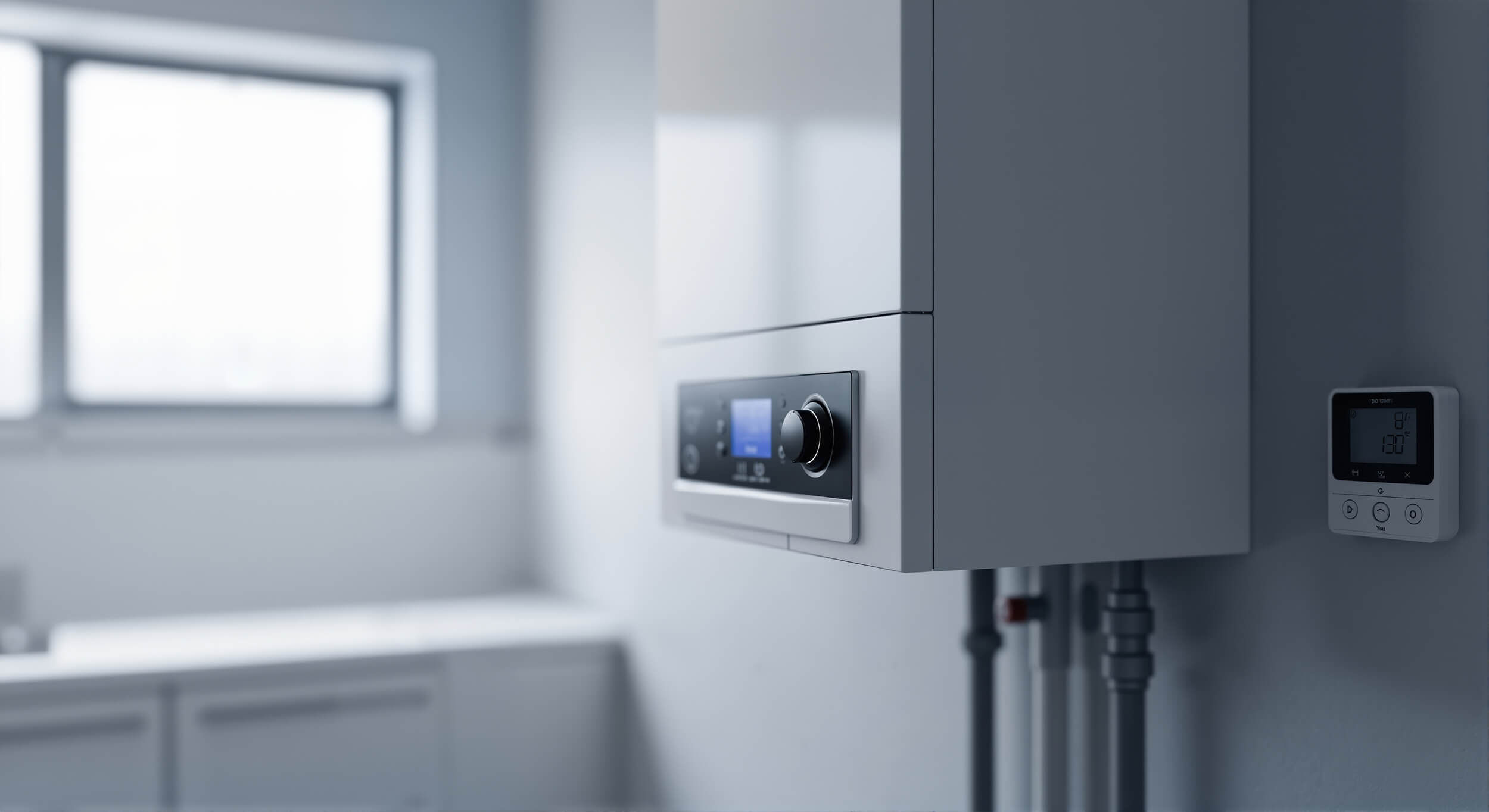
THE PRODUCT:
Residential boilers heat water and provide either hot water or steam to heat a home. Heat is generally distributed from the hot water or steam to the home using radiators.
THE STANDARD:
The current standards for residential boilers took effect in 2021 and require gas-fired and oil-fired hot water boilers to meet minimum efficiency levels of 84% and 86%, respectively
In 2023, DOE proposed amended standards for gas-fired and oil-fired hot water boilers of 95% and 88%, respectively. If finalized, the proposed standards would effectively require all new gas-fired hot water boilers to use condensing technology. Condensing boilers extract additional heat by condensing the water vapor in the flue gases, resulting in efficiency levels of 90% or higher.
*Annual fuel utilization efficiency (AFUE) is the energy efficiency metric for boilers and refers to the portion of energy in the fuel that is converted to useful heat.
KEY FACTS:
As of 2020, a little over nine million US homes were heated with boilers, around 65% of which are in the Northeast. Air-to-water and water-to-water heat pumps are efficient electric alternatives for hydronic heating. Air-to-water and water-to-water electric heat pumps meet the definitional criteria to be classified as consumer boilers and are commercially available in the US.; however, at this time, there are no federal efficiency standards for these products due to the absence of a federal test procedure.
ASAP Press Releases
Timeline
| Federal | Date |
| Proposed Rule Issued | 2023 |
| 3rd Federal Standard Effective | 2021 |
| 3rd Federal Standard Adopted | 2016 |
| 2nd Federal Standard Effective | 2012 |
| 2nd Federal Standard Adopted | 2007 |
| 1st Federal Standard Effective | 1992 |
| 1st Federal Standard Adopted | 1987 |
| NAECA Initial Federal Legislation Enacted | 1987 |